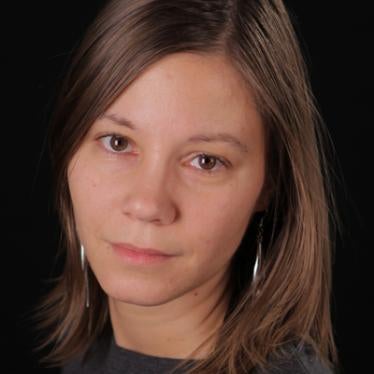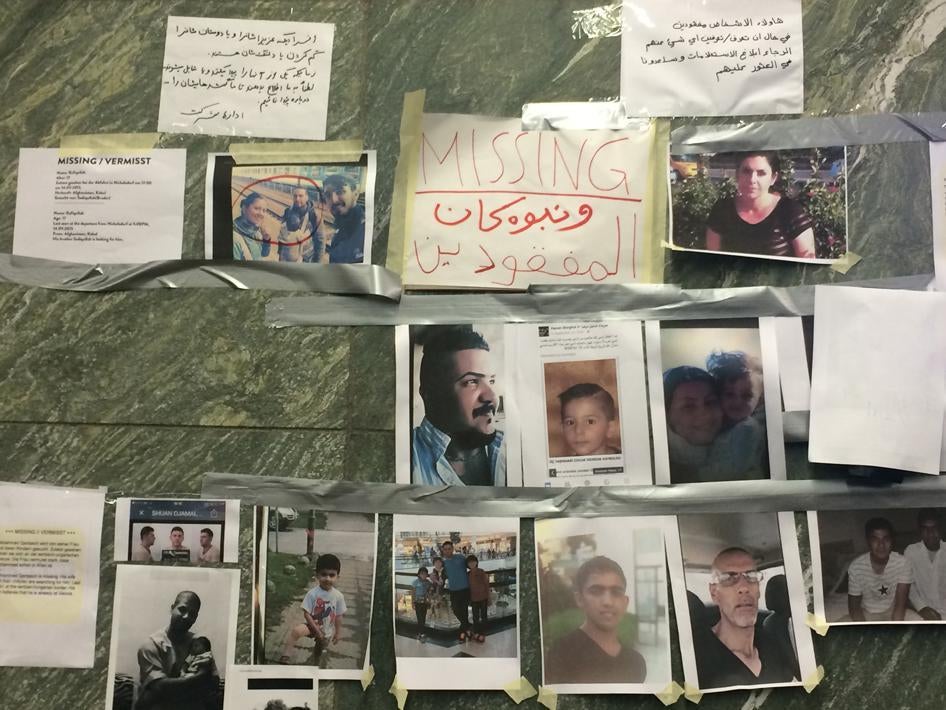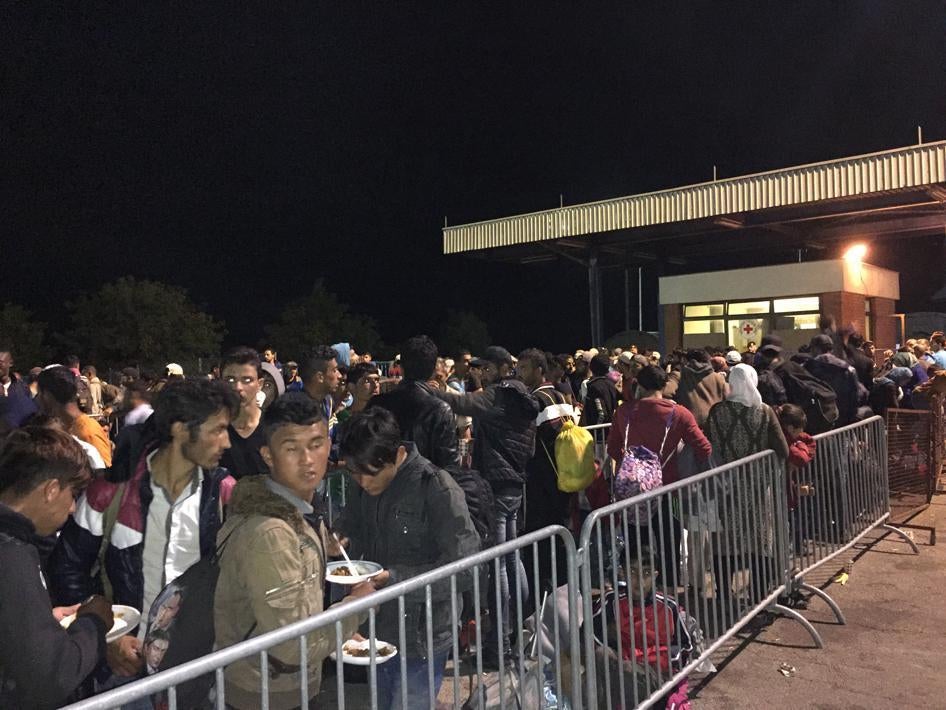Hundreds of people in a field, lines of military tents, and riot police wearing face masks. Amid last night’s chaotic scene in the Croatian town of Opatovac, Mohammad from Afghanistan lost his wife and child and was desperately looking for them.
They had been separated in the line entering the Opatovac’s camp, where asylum seekers crossing the border from Serbia are brought by police, he told us. Police officers in full riot gear didn’t allow him to pass from one area of the camp to another to look for his wife and child, but they allowed us. We went from tent to tent where groups of people from Iraq, Syria, and Afghanistan sat waiting for the next bus to the Hungarian border. We couldn’t find them.
This wasn’t the first story of separation we had heard. Just that morning in Vienna’s main train station, we saw a wall lined with notices of people lost on border crossings like this one.
As they head over the Croatian border toward other European Union countries such as Germany, Austria, and Sweden by the thousands, people lose each other amid misunderstandings, blocked borders, and overwhelmed officials and aid workers.
The Red Cross is helping with tracing efforts, but authorities could help by ensuring interpreters are present during screening.
Since Hungary effectively closed its border to Serbia on September 15, asylum seekers making the trek from Greece toward Western Europe have had little choice but to make their way through Croatia. While the Croatian government claimed it was prepared to receive a large number of refugees, it became clear quickly that Croatia couldn’t cope. Now Croatia has closed some border crossings from Serbia and is bussing asylum seekers and migrants to its border with Hungary. Hungary, in turn, moves them to Austria.
At roughly the same time as we were trying to help Mohammad locate his family, leaders of EU member states were gathering in Brussels, where they failed to agree on a common strategy to ensure protection and humane treatment for refugees in Europe. Instead, they reverted to a familiar focus on border enforcement, reluctant half-measures of cooperation among members, and shifting responsibility away from the EU.
Here’s a suggestion: Perhaps the next EU summit could take place in Opatovac or another border camp on the Western Balkan route. If EU leaders saw for themselves the distress of people who have lost loved ones, it might convince them to focus more on protecting people in need and less on diverting asylum seekers away from its borders.











